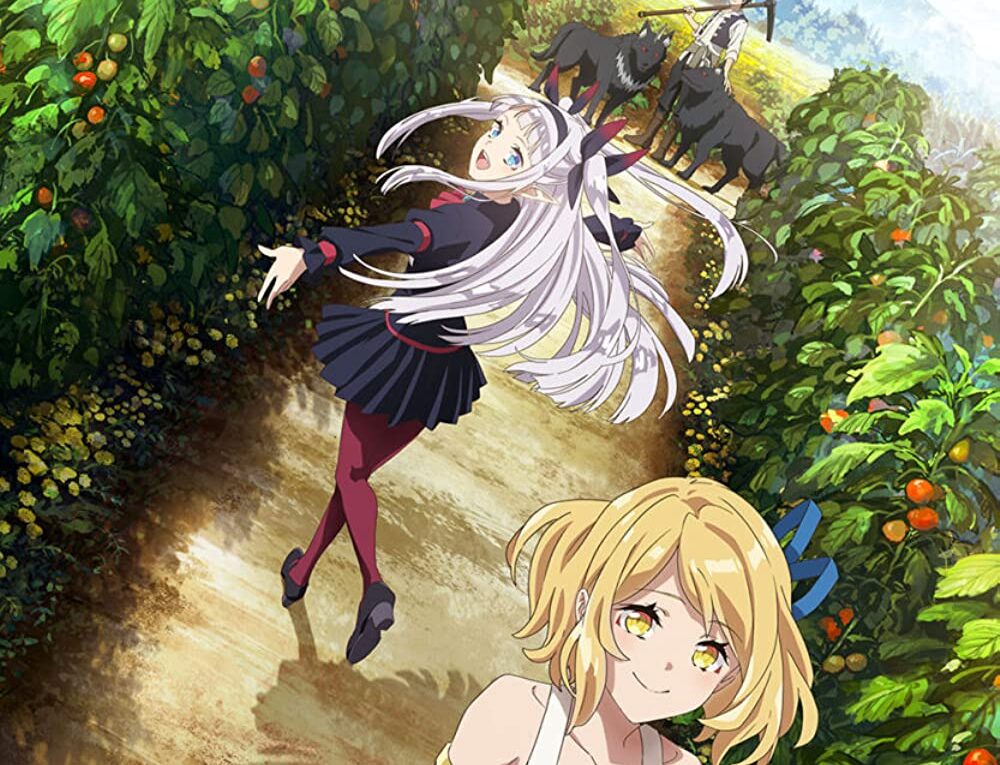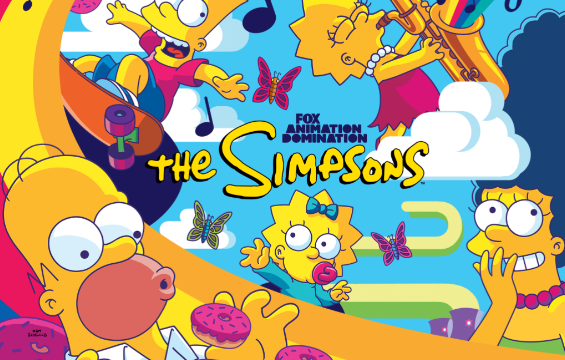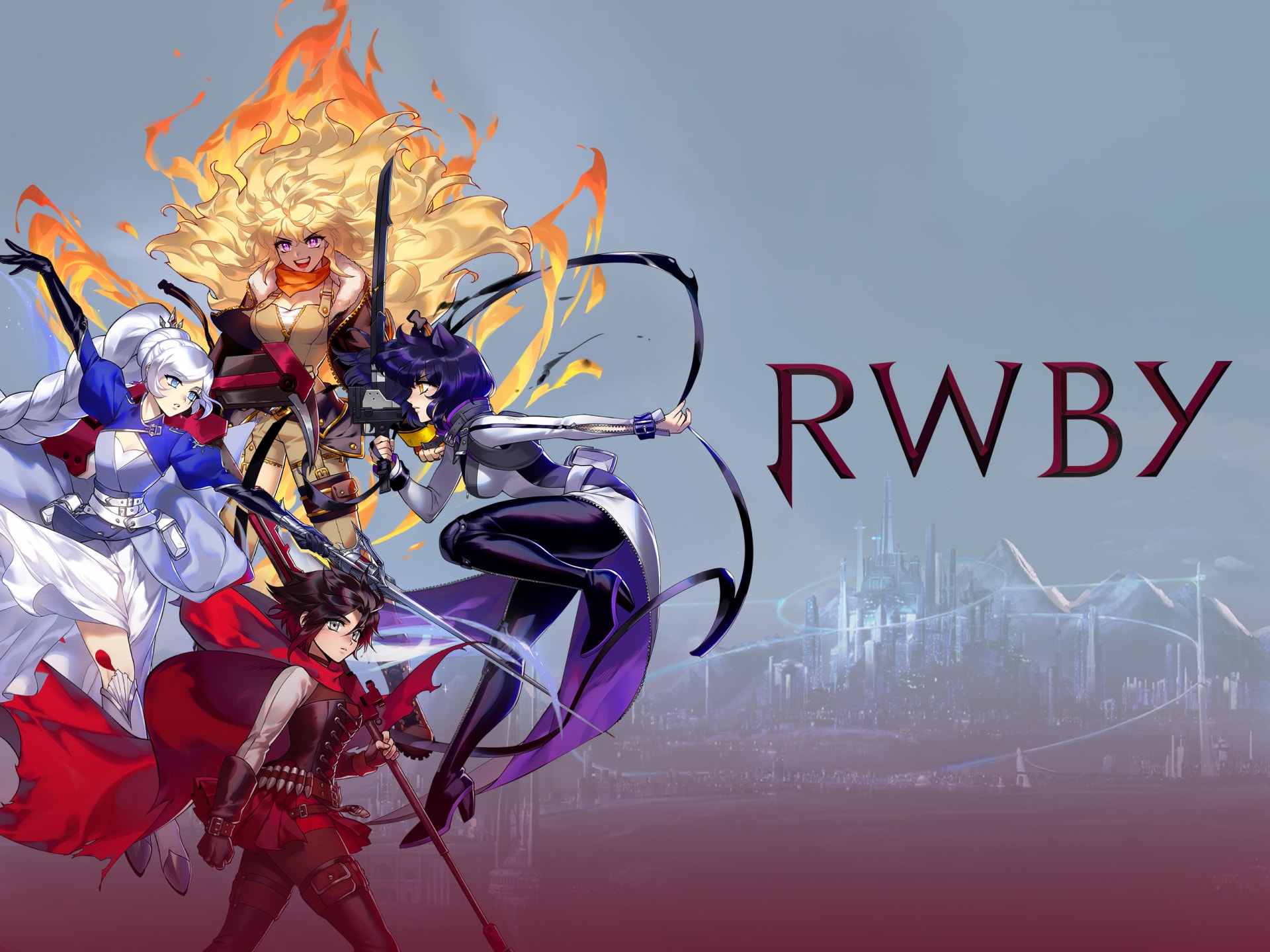English Dub Season Review: Farming Life in Another World Season One
Overview (Spoilers Below):
When a godlike figure gives Hiraku (Blake Shepard) a chance to live again, he wishes to be healthy, to live peacefully, to speak the local language, and to spend his days on an idyllic farm.
Our Take:
Farming Life in Another World is an anime adaptation of a light novel series written by Kinosuke Naito and illustrated by Yasumo. It is produced by Zero-G and directed by Ryōichi Kuraya, with Touko Machida handling the screenplays. The character designs were created by Yoshiko Saitō, who’s also the chief animation director, and Yasuharu Takanashi and Johannes Nilsson composed the music. The opening theme song, “Flower Ring”, is performed by Shino Shimoji and Aya Suzaki, while the ending theme song, “Feel the winds”, is sung by VTuber Hizuki Yui.
When reincarnated into a different world, you usually choose to become an unstoppable hero destined to protect the land from the Demon Lord. However, in some cases, you want to live a quiet and peaceful life without any fighting. This series is one of them, with the main character choosing to live a tranquil life as a farmer instead of a warrior or healer. Of course, there are still plenty of obstacles that require fighting, but that’s what happens when you’re transported into a realm filled with demons and creatures.
After watching many isekai shows involving intense battles, it was refreshing to see one that’s more focused on tranquility and slice-of-life than abundant fantasy action. Even better is that it involves daily farming life. A farming isekai series is nothing new to the genre, as other shows had taken that similar approach, like I’ve Somehow Gotten Stronger When I Improved My Farm-related Skills. Farming Life in Another World is my first experience with the concept since the other isekai shows I’ve watched involve a powerful reincarnated character fighting villains, monsters, and demons. I don’t have much experience with farming life, so I might not relate to this routine as much as others who do. So, the only thing that matters is whether the series is enjoyable enough to convince me to favor growing crops over battling monsters.
The only thing to know about the show’s season is that it follows the usual isekai formula we’re familiar with. The main character, Hiraku Machio, dies in real life and gets reincarnated by a god or goddess into a fantasy world as an apology. There, he gets a chance to live a better life as a farmer than his miserable one. Equipped with an almighty multi-purpose tool and a powerful new body, Hiraku builds a farm for him to live in, not knowing that the location he’s dumped in is a monster-filled forest called the Death Forest. As a bonus, Hiraku gains himself a harem that assists him in transforming his farm into a village. That’s pretty much all you can expect from Farming Life in Another World, for better or worse. While it may be a relaxing good time for isekai fans regarding its light-hearted tone, it’s also a repetitively structured series that almost resembles an actual farming routine.
The episodes consist of Hiraku using his magic tool to organize his farm while narrating the events. As the series progresses, his farm gradually grows into a community, resulting in him gaining unexpected allies who eventually become his villagers/helpers. One of them is Rurushi Ru (Luci Christian), a young magic-using vampire who becomes Hiraku’s first wife. The other is Tia (Monica Rial), an “Annihilation Angel” who once targets Ru before living on Hiraku’s farm. He also gained assistance from the forest’s monsters, including the wolves Kuro and Yuki and a demon spider named Zabuton. This structure occurs in almost every episode of season one, which seemed okay at first, but it became predictable after a while due to how little the plot progresses.
The only time the formula got more interesting was during the second half, when Hiraku was promoted to mayor, and his farm became the Great Tree Village. While it contains the usual elements like Hiraku growing his farm and allowing more visitors to move in and help out, the second half compensates with Hiraku dealing with the demon lord and the dragon family. Additionally, its final three episodes revitalized its narrative with Ru’s pregnancy. Even though they’re not enough to make the series stand out with its structure, the second half helps it find its footing in the repetitiveness to prevent me from giving up farming early.
Part of that is due to the series’s charming characters, including Hiraku. Hiraku provides a sense of determination and confidence in his attempt to live a peaceful life after dying from an illness. More importantly, like the supporting characters, he’s very supportive of helping the demi-humans learn the basics of everyday living in a farm-turned-town, including food and politics. Of course, it isn’t without a few brief setbacks that Hiraku occasionally confronts, including his loneliness, the demon lord, and being the only human without magic. However, the latter seemed unnecessary since Hiraku had a powerful farming tool at his disposal.
Without a more significant threat looming over Hiraku’s village, the series would feel like a chore to watch. However, it proved otherwise with sympathetic characters who get caught in mildly amusing scenarios amid their farming duties. I also find it surprisingly educational regarding the farming fundamentals and foods. It might not be 100 percent accurate due to its fantasy elements, but I actually find its approach more entertaining than the other farming shows on television.
Farming Life is the second series I watched from Studio Zero-G, following The Ice Guy and His Cool Female Colleague. In case you forgot, I enjoyed the latter for its vibrant and beautiful animation regarding the character designs and tranquil sceneries. So it’s evident that I would be in for something serene in this show’s farming locations. While it doesn’t match what The Ice Guy offered in its style, the animation in Farming Life is suitable enough to display its tranquil backgrounds, bright colors, and cute chibi versions of the characters.
Overall, Farming Life in Another World is a farming simulator series whose charm and tranquility periodically overshadow its repetitiveness. As someone who’s new to the farming side of the isekai world, I was mildly surprised a series like this managed to keep me engaged with its characters despite its routine-like formula. It doesn’t break new ground in the popular genre, but it was a suitable change of pace for me since my isekai experience mostly centers on action-packed scenarios. I wouldn’t mind checking out its second season if the creators decide to continue Hiraku’s new life, and I’m sure farming isekai fans will feel the same way.


























Do we know if Hulu will be the only entity to have the dub, or if it will be on other platforms, too? The show in general is definitely going to be on multiple platforms.